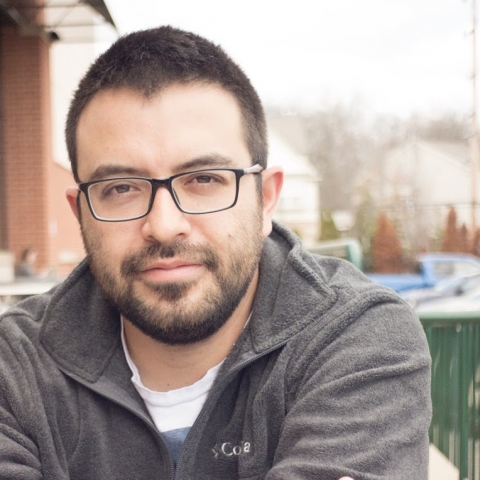Nicolás Idrobo
Nicolás is a PhD student in the Political Science department where he focuses on the political economy of development and comparative politics, with a geographic focus on Latin America.
Some of his current projects involve studying the claims of fraud in the 2019 Bolivian presidential election, the association between property rights and violence in Mexico, and the prevalence of p-hacking in academic articles over the past four decades.
He is also working on the second volume of a two-volume book series about regression discontinuity designs. Previously, he studied the relationship between illegal gold mining and violence in Colombia.
Selected Publications
(2020). Do Shifts in Late-Counted Votes Signal Fraud? Evidence From Bolivia. SSRN
Surprising trends in late-counted votes can spark conflict. When late-counted votes led to a narrow incumbent victory in Bolivia last year, fraud accusations followed—with dramatic political consequences. We study the pro-incumbent shift in vote share as the tally progressed, finding that we can explain it without invoking fraud. Two observable characteristics, rurality and region, account for most of the trend. And what looked like a late-breaking surge in the incumbent’s vote share—which electoral observers presented as evidence of foul play—was actually an artifact of methodological and coding errors. Our findings underscore the importance of documenting innocuous explanations for differences between early- and late-counted votes.


